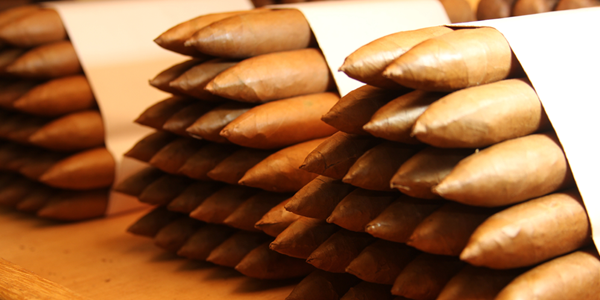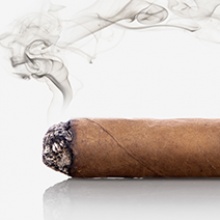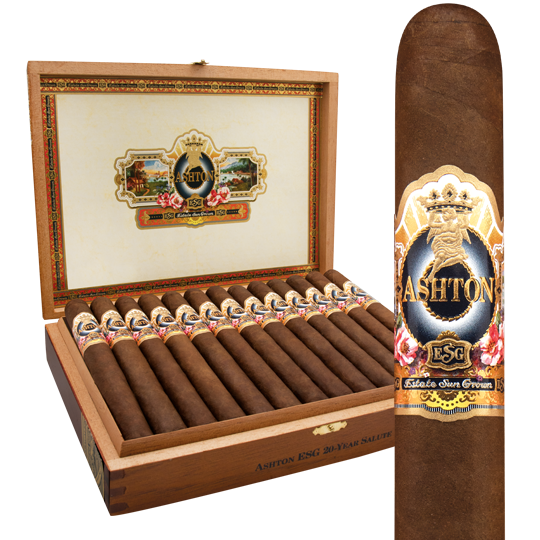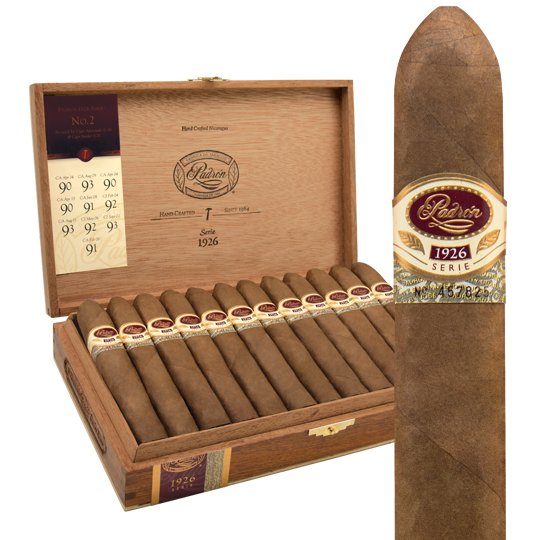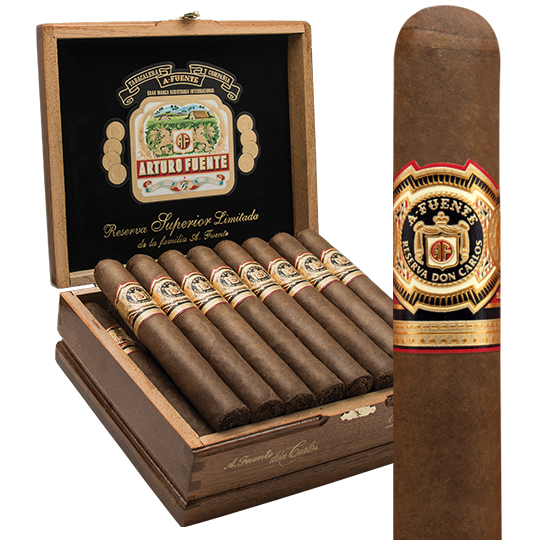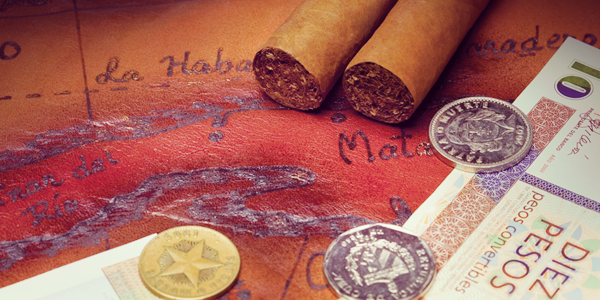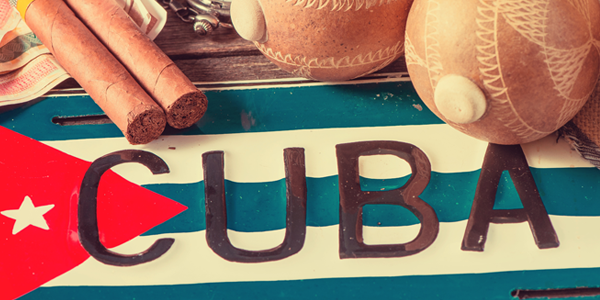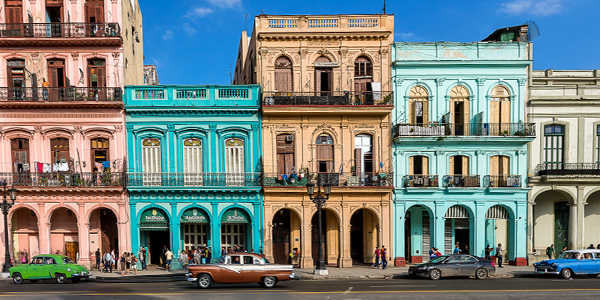Cubans vs Non-Cubans: Are They Really Better Cigars?
If you have smoked cigars for a long time, say more than 10 years, you almost certainly have been asked the question we’re addressing here. And if your answer was anything but “no,” or “it depends,” I think that says more about you than it does about the cigars, Cuban or otherwise. More on that in a moment.
The Flavor Evolution in Cuban Cigars
Price aside, there are three major components to judging the quality of a cigar. One, flavor, is purely subjective. Flavor is the most important characteristic in determining which cigar you like. The problem is that the flavor of any particular cigar can easily be different from production year to production year. That is especially true of Cuban cigars because they come from tobacco planted in soil that imparts a distinctive flavor to the leaves grown in the Vuelta Abajo region in the western part of the island. That soil has, at various times, been overworked, attacked by disease or not cared for properly because of a lack of available capital or talent.
In May of 2001, Marvin Shanken, the creator and publisher of Cigar Aficionado magazine, and as true a lover of Cuban cigars as one can find, wrote: “Over the last couple of years, I have smoked some cigars that I couldn't believe were Cubans. They drew poorly or the tobacco was raw. Then, in a blind tasting, I smoked a cigar that, unknown to me, was from one of Cuba's greatest brands. After discovering the origin of the cigar, I argued that it had to be a counterfeit. But I was told that it came from one of the most reputable Cuban cigar dealers in the world.” Were all Cuban cigars bad? No. Shanken pointed out that some still were great. He noted that the Cohiba Robusto had just scored a 94 in a recent tasting. Ten years earlier, Shanken wrote, Cuban cigars were much better. He could have written, I think, a similar assessment 17 years later.
Do Cubans Taste Better? Depends on the Year & The Cigar
Today, experts in the cigar industry will advise you to buy Cuban cigars from before 2014 as the last two or three years have seen, at best, mixed results in efforts to deal with overproduction and ‘brain-drain’ at many levels of the business on the island. Strong efforts are being made to recover – again – and there are hopes and some evidence that they’re paying off. Still, of the last 10 Cuban cigars I’ve smoked that were made in 2017, seven of them started off with that ‘vegetal’ taste that indicates young tobacco or a cigar not aged long enough before being sent to market. Kind of a turn-off even though you can smoke past it. I have had good luck recently with some Partagas Serie D No. 4’s and some Trinidad Vigia Robustos. Conversely, Punch Punch, and even Montecristo No. 2’s have been less than stellar. That is not an experience I have had with, say, an Ashton ESG 22-Year Salute, a La Flor Dominicana Coronado Double Corona, a Padron 1926 No. 2, or an Arturo Fuente Don Carlos Robusto. I’m betting you’ve seen the same if you smoke across the universe of premium cigars.
The Trouble with Construction & Consistency
The Cuban cigar industry is a state-run monopoly, and despite investment from Altadis, a European joint venture, there are still too many instances in which the cigars suffer from shortcomings in two major categories that are vital to assuring the quality of what you’re smoking: construction and consistency. Either can affect the flavor of the cigar. The most often heard complaint about Cuban cigars has been that the draw is tight, sometimes unsmokably so. How many hat-pins have I stuck into a Cohiba Esplendido to open it up? Additionally, I’m still seeing very delicate wrappers on many Bolivars. Now, cigar wrapper leaf is not made of Kevlar, but, dang, some of the wrappers just tear at the slightest manipulation and some just burn badly, greatly affecting flavor. That’s construction. We’re hearing steps have been taken to train more and better rollers.
Consistency remains a challenge for Cuban cigars. Better rollers should help here, but that’s also an issue related to having enough tobacco and enough good tobacco to supply the different brands. The better tobacco used to be allocated to the iconic brands, but we’re told that’s not necessarily the case today. Still, the money comes from the popular Montecristo, Partagás, Hoyo de Monterrey, Cohiba, Romeo y Julieta and other star brands. So, are you going to short them? We’ll see.
Many years ago I bought a box of Montecristo No. 2’s in Hong Kong. I traveled with it to Singapore. I smoked one. It was awful. The rest of the cigars in the box looked about the same. Fortunately, I was returning to Hong Kong a week later and took the box back to the shop. The owner, a man of notable integrity, told me to select a different box and smoke one of the cigars in the store before I left. It was good. But there’s the rub.
So… Are Cuban Cigars Really Better vs. Others?
If you’re about “smoking the label,” yeah, they’re great status symbols. If you really think they’re better, it’s likely because you love and can discern the distinctive flavor the Cuban soil transfers to the tobacco. The soils of the Dominican Republic, Honduras, Mexico, and Ecuador each have their own characteristics. This is the beauty of cigars today. The soil in Nicaragua is also distinctive, though it’s worth noting that the late maestro José Orlando Padron called Nicaragua ‘the second Cuba’ when he first examined the soil for growing cigar tobacco. And all these great tobaccos can be masterfully blended to create a variety of flavor profiles. More significantly, the cigar industry outside of Cuba is very strong when it comes to investment, competition, and talent handed down from father to son to grandson. There is, as you know, great pride among cigar-makers who put the family name on the boxes.
Ultimately, the real answer to the question we’re asking is, “it depends.” Another, more relevant question, might be, are Cuban cigars special? Well, yes, but if you ask those who do blind tastings for a living whether they can pick out the Cubans, most will tell you that only rarely can they do so. I agree. It’s very difficult for me to tell, blindly, if a cigar is Cuban. I’ve even tasted brands with the same name – the Cuban Punch versus the Honduran Punch, for example – and not been certain which was the Cuban. Let’s put it this way, I wouldn’t bet a box of Behikes on it. When it comes to smoking more than one cigar over time, the answer to the question on the objective criteria, consistency and construction, is a plain “no.” “Free world cigars,” as a Cuban exile friend who sells cigars puts it, are clearly superior. I am in complete agreement with that assessment.
Here’s the thing. If your answer is “yes, Cuban cigars are really better,” go smoke them. Until recently, it was legal to bring back a set amount of Cuban cigars and rum for personal consumption. Under Obama, restrictions were eased on bringing Cuban goods into the US, as long as they were for personal, not commercial, use. In September of 2020, Trump has again stiffened the restrictions, banning entirely the import any Cuban cigars or rum in an ongoing crackdown against communist regimes. So, for now, you may have to not only buy your Cubans outside of the US, but you’ll have to smoke them there as well.

